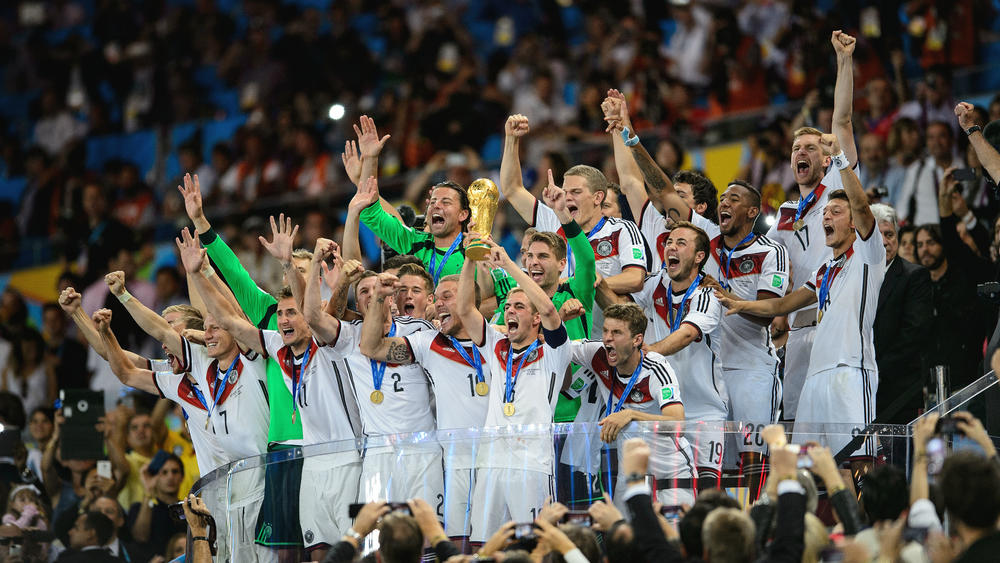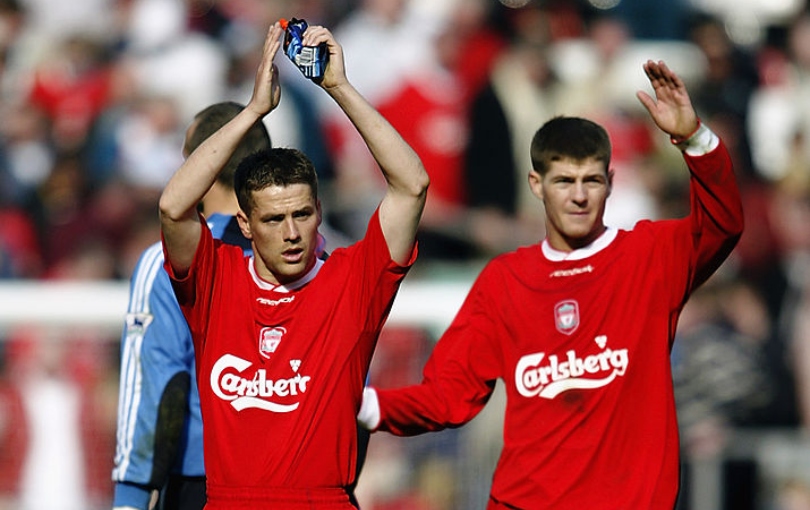World Cup 2018: Countdown to heat up after Kremlin draw
Most of the favourites have little to fear in the draw for Russia 2018, although the hosts have it all to prove on and off the pitch.

Given Russia has spent much of the past year denying controversial involvement in political elections, it is unlikely anyone involved in the organisation of the 2018 World Cup will be unsettled by murmurings of possible corruption at Friday's draw.
"There is no truth to that," said FIFA's director of competitions Chris Unger on Wednesday when asked about the prospect of the draw being manipulated by using hot and cold balls when the eight groups for the finals are drawn at the Kremlin.
There was probably no need to expand further on a conspiracy theory more readily associated with embittered fan club meetings than a global football event, but these are times when the words "FIFA" and "integrity" mix about as well as oil and water in the public consciousness, so on Unger went.
"They're all the same; they don't feel any different, they don't look any different – with the exception of the red balls, which are there for a purpose," he explained.
"It's entirely random and by chance how the groups get formed at the end."
Even if you were to unfairly claim Unger is protesting too much, the hosts would need far more than sleight of hand, a hair dryer and an ice pack to make much of an impression in the tournament.
Russia were abject in exiting Euro 2016 during the groups and little better when they bowed out of their own Confederations Cup at the same stage last year.
Get FourFourTwo Newsletter
The best features, fun and footballing quizzes, straight to your inbox every week.
Any of the nations in the lower seeded pots would gladly take on Russia as the weakest side in pot one – a position the team ranked 65th in the world only hold by virtue of their status as hosts.
Introducing the official poster for Russia 2018! November 28, 2017
Even England fans may welcome another fixture with Russia, despite the abhorrent scenes of violence that marred the countries' Marseille meetings and the Euros.
Russia passed its Confederations Cup test in terms of the tournament being free of hooliganism or racist incidents but the glare will be sharper and more prolonged come next year. Football Against Racism in Europe (Fare), a pressure group that campaigns for equality in the sport, this week warned LGBT fans against holding hands and displaying affection in public if attending the finals.
Spain's potential to be involved in a "group of death" scenario given their perplexingly low seeding puts them at an instant disadvantage to their fellow favourites.
La Roja boss Julen Lopetegui, along with France's Didier Deschamps and defending champion Joachim Low with Germany, boasts an enviably rich and deep pool of talent from which to choose. Of the trio, Deschamps is the coach furthest away from crafting a cohesive whole and has ground to make up if a squad blessed with the likes of Kylian Mbappe, Antoine Griezmann and Paul Pogba are to punch their weight in Russia.
Brazil look well equipped to banish the nightmare of their semi-final evisceration on home soil at the hands of Germany four years ago. Tite's team made remarkably serene progress through the typically gruelling CONMEBOL qualifying section and represent a far more sturdy foundation for Neymar's Ballon d'Or ambitions than Luiz Felipe Scolari's comparatively rag-tag bunch of 2014.
Argentina are more of an unknown after the mercurial Lionel Messi dragged them kicking and screaming to the finals – his three goals to see off Ecuador in the 3-1 victory that secured qualification matched the number of coaches they had during the campaign.
Introducing the assistants!Laurent BlancDiego MaradonaNikita Simonyan November 21, 2017
Jorge Sampaoli, celebrated for his work with Chile and latterly Sevilla, is a coach of some repute and must now fashion a tune out of the supporting cast as Messi makes the final tilt at World Cup glory open to him in his peak years.
The same is true of Cristiano Ronaldo as he leads a Portugal team as functional and uncomplicated as their redoubtable boss Fernando Santos. They became European Champions two years ago as more fancied sides fell by the wayside, including Belgium.
Granted a top seeding, Roberto Martinez has to succeed where Marc Wilmots failed by making the collective of a supreme generation at least the sum of its parts. The signs in qualification were mixed.
For first-timers Iceland and Panama, the preliminary rounds can be reflected upon with joy rather than furrowed brows. Friday's draw is their reward. For the heavyweights and the hosts, the trepidation starts here.
